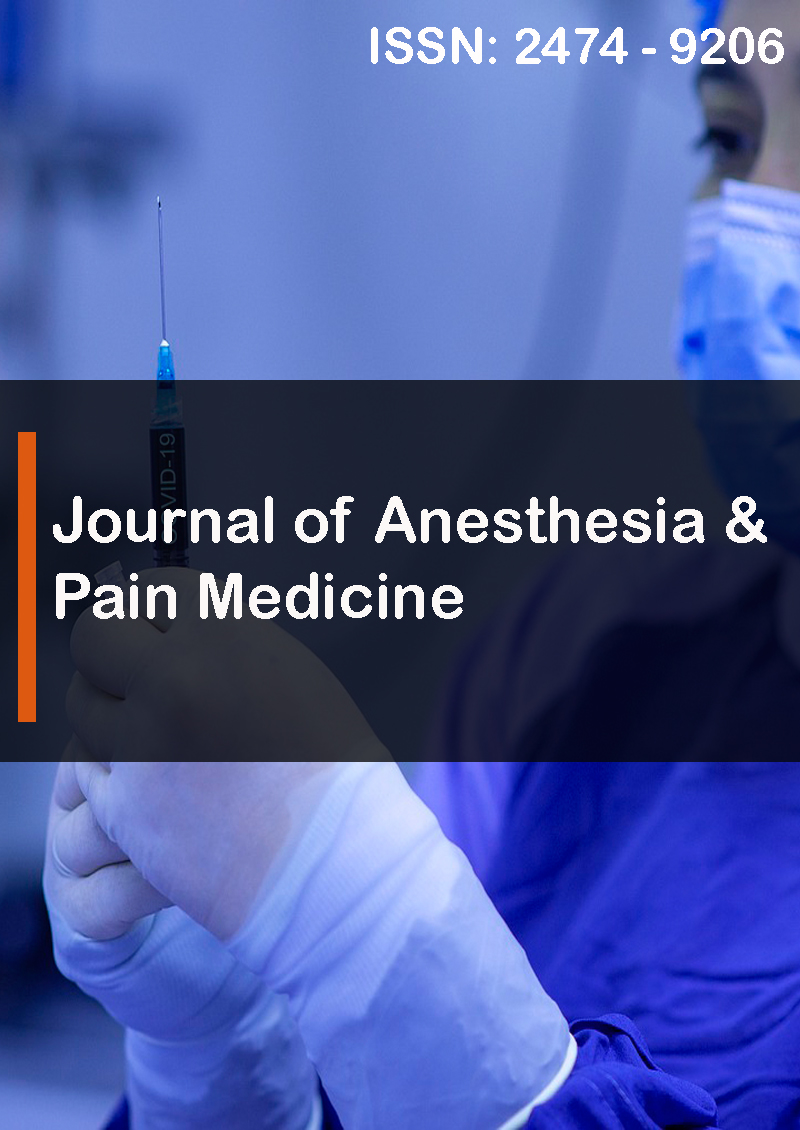Cardioprotection with Nitroglycerin in Cardiovascular Anesthesia
Abstract
Carlos Arturo Iglesias Herrera, Rafael Ricardo Ramirez Morales, Daniela Ramirez Mantilla, Maria Fernanda Landinez Cordero, Daniela Fernanda Portilla Galeano, Santiago Andrés Tapia Mora, Paula Loaiza Medina, Jhonatan Ortega Ruiz
Introduction: For the anesthesiologist, it is very important to consider cardiovascular protection at the time of each procedure. Especially if the patient represents a high risk for presenting coronary or vascular involvement, although the surgical approach is not more complex, since the fact of using anesthesia in a patient already leads to being under perioperative risks to which they must be subjected. Nitroglycerin is a widely used vasodilator in patients with coronary disease. However, the study of its concomitant use in anesthetized patients who will undergo surgery is not very clear.
Materials and methods: A narrative review was carried out, in which different databases were used such as Scielo, PubMed, ScienceDirect, academic google, among others. The selection of articles was made through indexed journals in English and Spanish languages from 2010 to 2021.
Results: Myocardial ischemia is one of the most frequent causes of perioperative morbidity and mortality. Nitroglycerin is a vasoactive agent that has been used in patients under anesthesia with highly variable results. However, it has had a beneficial effect in patients with significant hemodynamic or cardiovascular compromise.
Conclusion: The use of nitroglycerin in the patient under anesthesia could have a cardioprotective effect if it is used safely, and not prolonged. In addition, the adverse effects that this can generate in the patient must be considered and each case should be evaluated individually, interposing the benefit, but not as a routine use, especially in patients with great hemodynamic compromise.



